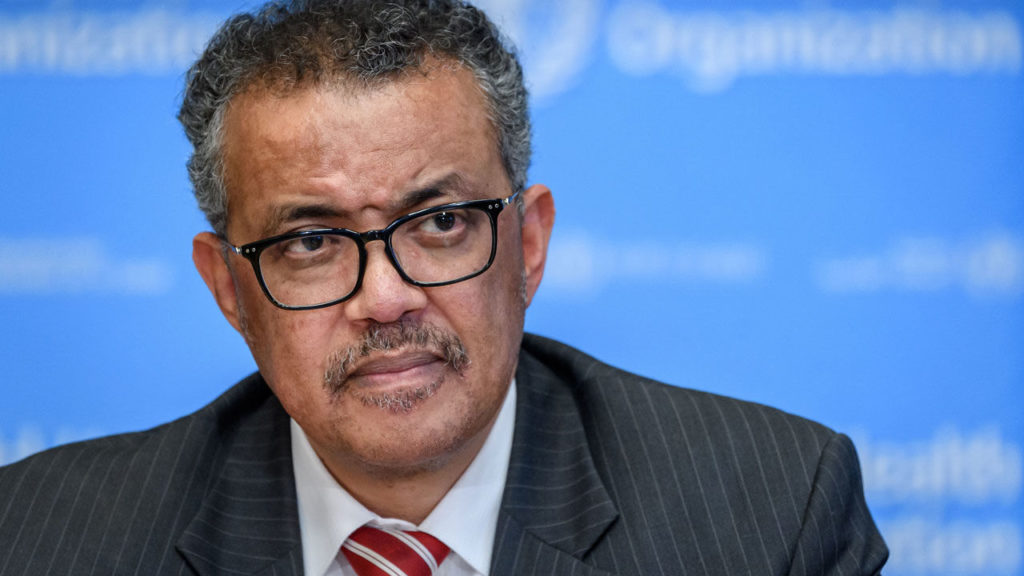In the buildup to COP28, the World Health Organization (WHO) and global health partners emphasize the significant role of climate change in health negotiations. Stressing the need for a concentrated focus on global health, these efforts aim to highlight the responsibility negotiators bear in safeguarding the health of populations worldwide.
Dr. Tedros Adhanom Ghebreyesus, WHO Director-General, asserts, “Prioritizing health is foundational to resilient societies.” Leaders’ commitment in Dubai holds significance, both for expected health outcomes and the urgent needs of economies. The call is to shift the discourse and underscore the substantial benefits of robust climate action on health and well-being.
Recent extreme weather events globally offer glimpses of a rapidly warming world. WHO reports indicate nearly half of the global population—about 3.5 billion people—resides in highly climate-vulnerable regions. Heat-related deaths among individuals over 65 have surged by 70% globally in two decades, necessitating aggressive efforts to limit warming to 1.5 °C to avoid a more severe future.
Frequent and severe extreme weather events, including droughts, floods, and heatwaves, are poised to strain healthcare infrastructure. Last year’s floods in Pakistan displaced 8 million and affected 33 million, with projections suggesting the potential displacement of 216 million people by 2050 without immediate action against climate change.
As the climate crisis threatens lives and livelihoods, challenges intensify within global food systems and water sources, while infectious diseases like dengue and cholera surge. A collaborative, decisive approach is imperative to mitigate climate-induced health impacts and promote a sustainable future.
The health community emphasizes the urgency of fortifying health systems worldwide to withstand the impacts of climate change. Failure to act swiftly renders these systems vulnerable to overwhelming consequences.Climate change is not just a looming threat but an immediate danger impacting health on multiple fronts. Infectious diseases and vector-borne illnesses are on the rise due to climate change, compelling negotiators to acknowledge its direct threat to global health.
Adapting health systems involves enhancing interventions like vector control, epidemiological surveillance, and ensuring access to safe water and sanitation. Training healthcare staff and aligning health systems with WHO’s framework for resilient, low-carbon systems are imperative.Reducing emissions is critical to mitigating negative health impacts. WHO estimates attribute 7 million premature deaths annually to air pollution, demanding urgent measures such as transitioning to cleaner energy sources.
The health community stresses greening the health sector to significantly cut the sector’s 5% global emissions, especially as over 1 billion people rely on healthcare facilities with unreliable or no electricity.Acknowledging financial gaps in health systems, calls escalate to divest from fossil fuels, redirecting funds to support health systems in combating climate change.
The WHO-led Alliance for Transformative Action on Climate and Health (ATACH) aligns with COP26’s goals to foster climate-resilient health systems, emphasizing increased financing.The imperative for COP28 is to address the significant financial disparity in the health sector, ensuring robust financial support to strengthen the sector’s resilience and innovation capabilities.
WHO’s urgent plea for climate and health action at COP28 aims to unite global efforts, emphasizing the intersection of health and climate for a healthier future. The inaugural Health Day at COP28 aims to spotlight the climate-health nexus and elevate health in climate change discussions, with an unprecedented number of health ministers attending.
The Ministerial session marks a historic convergence of global leaders emphasizing health’s paramount importance in climate discussions, aiming for tangible sustainable outcomes. The legacy of COP28 hinges on a commitment to a healthier planet, where health-focused climate action translates into substantial real-world results.






















